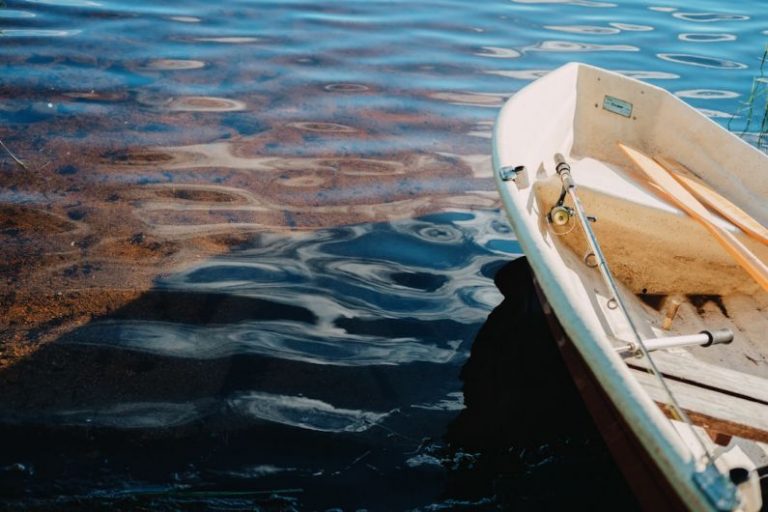
Rowing in rough waters can be both exhilarating and challenging. Whether you’re a beginner looking to enhance your skills or an experienced rower seeking to navigate turbulent conditions more effectively, proper preparation is key to a successful and safe rowing experience. In this article, we will explore practical tips and strategies to help you prepare for rowing in rough waters.
Understand the Conditions
Before heading out to row in rough waters, it is crucial to understand the conditions you will be facing. Factors such as wind speed, wave height, current strength, and water temperature can significantly impact your rowing experience. Take the time to study weather forecasts, tide charts, and any relevant local conditions to prepare yourself mentally and physically for the challenges ahead.
Choose the Right Equipment
Selecting the appropriate equipment is essential when preparing for rowing in rough waters. Ensure that your boat is suitable for rough conditions and that all necessary safety equipment, such as life jackets, whistles, and communication devices, are on board. Additionally, consider investing in specialized gear designed for rough water rowing, such as splash guards, waterproof clothing, and non-slip footwear to enhance your comfort and safety on the water.
Improve Your Technique
Rowing in rough waters requires a combination of skill, strength, and adaptability. Focus on improving your rowing technique by practicing in varying conditions and environments. Pay attention to your posture, grip, and stroke mechanics to maximize your efficiency and power while rowing. Engage in drills that simulate rough water conditions to build your confidence and hone your ability to navigate challenging situations effectively.
Build Your Physical Fitness
Rowing in rough waters can be physically demanding, requiring strength, endurance, and agility. Incorporate a comprehensive fitness regimen into your training routine to prepare your body for the rigors of rough water rowing. Include exercises that target your core, upper body, and lower body strength, as well as cardiovascular endurance to enhance your overall performance on the water. Consider cross-training activities such as swimming, cycling, and yoga to supplement your rowing workouts and improve your overall fitness level.
Practice Safety Protocols
Safety should always be a top priority when rowing in rough waters. Familiarize yourself with safety protocols and guidelines specific to rough water rowing, including proper capsize recovery techniques, emergency procedures, and communication signals. Develop a safety plan with your fellow rowers or team members, and ensure that everyone is well-versed in the necessary procedures to respond effectively in case of an emergency.
Stay Mentally Prepared
Rowing in rough waters can be mentally challenging, requiring focus, resilience, and adaptability. Prepare yourself mentally by visualizing successful rowing experiences in rough conditions, and cultivating a positive and confident mindset. Practice mindfulness techniques such as deep breathing, visualization, and positive self-talk to calm your nerves and stay focused during challenging rowing sessions.
Conclusion: Embrace the Challenge
Rowing in rough waters presents a unique set of challenges and opportunities for growth. By understanding the conditions, choosing the right equipment, improving your technique, building your physical fitness, practicing safety protocols, and staying mentally prepared, you can enhance your skills and confidence as a rough water rower. Embrace the challenge, stay prepared, and enjoy the thrill of rowing in rough waters while prioritizing your safety and well-being.





